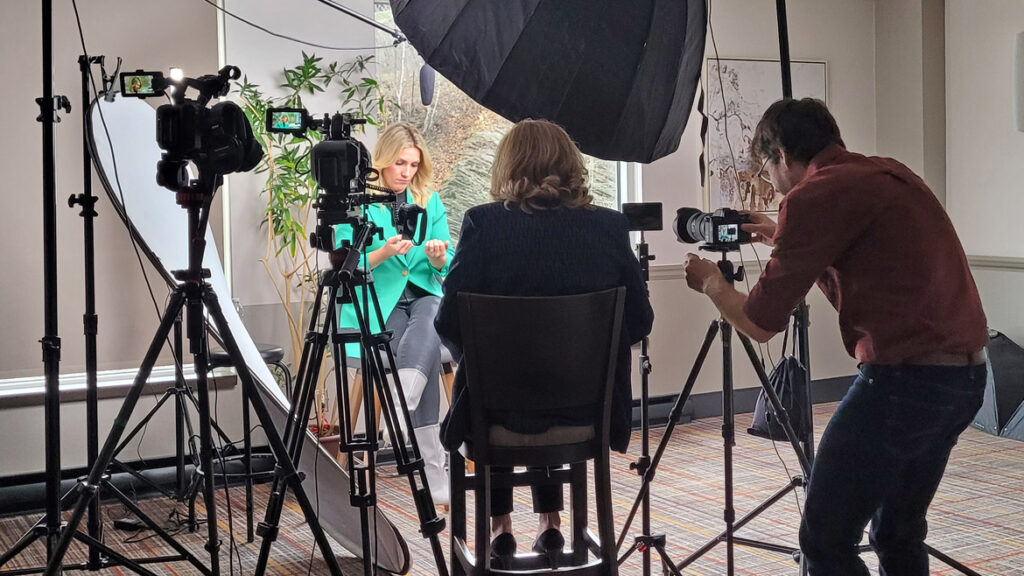Marie-José Chagnon
Anick, Mathieu, Nathalie and Marie-Eve are all technologists working in the field of medical imaging, specializing, respectively, in medical electrophysiology, nuclear medicine, radiation oncology and radiodiagnostics. They point out that although the work they do is varied and vital, few people understand the demands of their profession, and their expertise too often goes unrecognized. It’s a safe bet that you’ll agree there’s a lot more to being a medical imaging technologist than meets the eye once you’ve read this article!
The central role of primary health care is indisputable. As the point of entry to our health-care system, primary care should in theory meet 80 per cent of Quebecers’ health and social service needs by preventing health problems from occurring or worsening. The Legault government’s health-care reform plan (Plan santé) aims to entrust primary care to Family Medicine Groups (or GMFs for groupes de médecine de famille) ― 75 per cent of which are privately owned ― and they are making it sound like this is a bold and innovative solution. Looking back at the last 50 years, Anne Plourde, author and researcher at the Institut de recherche et d’informations socioéconomiques (IRIS), found that the opposite is true. Private-sector involvement in primary care is nothing new, and the dominant view of primary care in Québec has largely been shaped by the private sector.
November 25 marked the start of the 12 Days of Action to End Violence against Women,1 an initiative to raise awareness of the scourge of gender-based violence. The APTS took the occasion to talk with Ingrid Falaise, multimedia artist and author of the bestselling book Le Monstre, who was generous enough to discuss her own experience of intimate partner violence and offer insights that foster greater understanding of the issue as well as a sense of solidarity.
When Judith, Lina and Maude mention what they do for a living, they often get a look of surprise, confusion or puzzlement — and sometimes all three! With their strong personalities and cheerful demeanours, they simply don’t fit the image that some people have of the profession. Contrary to popular belief, medical archivists don’t just file paper away in a dark basement. Our three interviewees not only manage medical records throughout their life-cycle, they also design and collect, organize and analyze, disseminate and protect the vital data they deal with.
The private sector’s role in health care was on everyone’s lips during the election campaign, but given the widely diverging opinions, there was no clear understanding of how that might be interpreted. François Legault said he wanted to accelerate the “migration” of primary care services to family medicine groups (GMFs) and give private clinics more latitude in specialized care. Dominique Anglade wanted a major push to clear the surgery backlog, through agreements with the private sector. Eric Duhaime bluntly questioned the basic principle of keeping public and private health care separate. And Gabriel Nadeau-Dubois tersely commented that if private health care worked, we’d know about it.
Excitement is in the air at the APTS. We’ll be tabling our demands and launching the next round of public-sector contract talks in just a few days, and our whole organization is mobilized to make sure we’re ready. We asked APTS president Robert Comeau and APTS 1st vice-president Josée Fréchette, political officer responsible for national bargaining talks, to share their thoughts just before this key moment in our union life.










